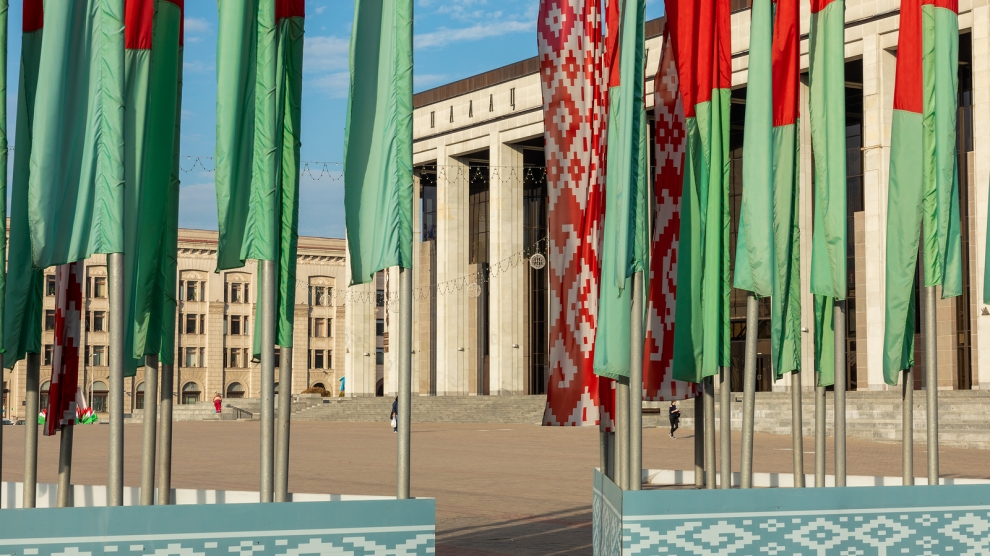If Russia says no, try China.
The Ministry of Finance of Belarus and the Shanghai Office of the China Development Bank have signed an agreement to provide Belarus with a loan worth close to 500 million US dollars.
According to the Belarusian media, the loan is not subject to any specific project and can be spent for general purposes, including the repayment of the country’s public debt, the maintenance of its gold and foreign currency reserves or the promotion of trade between the two countries.
“This deal is unprecedented, which attests to a new level of relations between Belarus and the China Development Bank and the fact that Chinese financial institutions view the Republic of Belarus as a reliable borrower,” wrote Belarusian news agency Belta, quoting the country’s finance ministry.
The Belarusian government started negotiations with China in June shortly after its request for a loan of 600 million US dollars was refused by Russia.
In October, the Eurasian Fund for Stabilisation and Development (EFSD), a Russian-managed fund established by the Eurasian Development Bank, also refused to provide Belarus with the final, seventh tranche (worth 200 million US dollars) of a two billion-US dollar loan.
China has been spending heavily in Central Europe in recent years since the creation of the so-called 16+1 (now 17+1 format) in 2012, a Chinese foreign policy initiative involving 17 countries from Central and Southeastern Europe aimed at promoting its Belt and Road Initiative. While supporters claim that China’s interest in the region is based on economics, the initiative’s critics see it as a way of increasing the country’s influence over CESEE countries.
China has ramped up its investments in the region of late, especially in the Western Balkans, however, the average export dependency of CEE countries on China was just 1.2 per cent in 2017, way below Germany (6.3 per cent), Britain (4.4 per cent ) or France (3.5 per cent).
Though not part of the 17+1 format, Belarus has increasingly looked to China as a way of strengthening its negotiating position with Russia.
Foreign direct investment in Belarus from China has increased by 200 times over the last 10 years while China’s economic and technology portfolio in Belarus grew to 0.5 billion US dollars as of April, 2019. In 2018, China provided Belarus with 185 million US dollars for 12 economic and technology projects.
Belarus is currently negotiating deeper ties with Russia based on the Union Treaty, a 1999 agreement which allows for the creation of a single political and economic entity encompassing the two countries. However, the Belarus president Aleksander Lukashenko has vowed to protect his country’s independence.
Recent protests in the capital Minsk – a rarity in Belarus – made clear that public opinion in the country does not favour closer ties to Russia. The next round of talks between Mr Lukashenko and his Russian counterpart Vladimir Putin will be held on December 20. China’s money will improve his hand.

